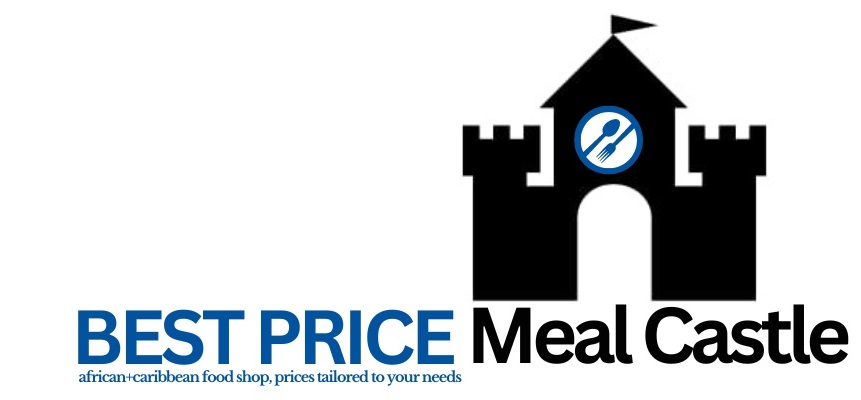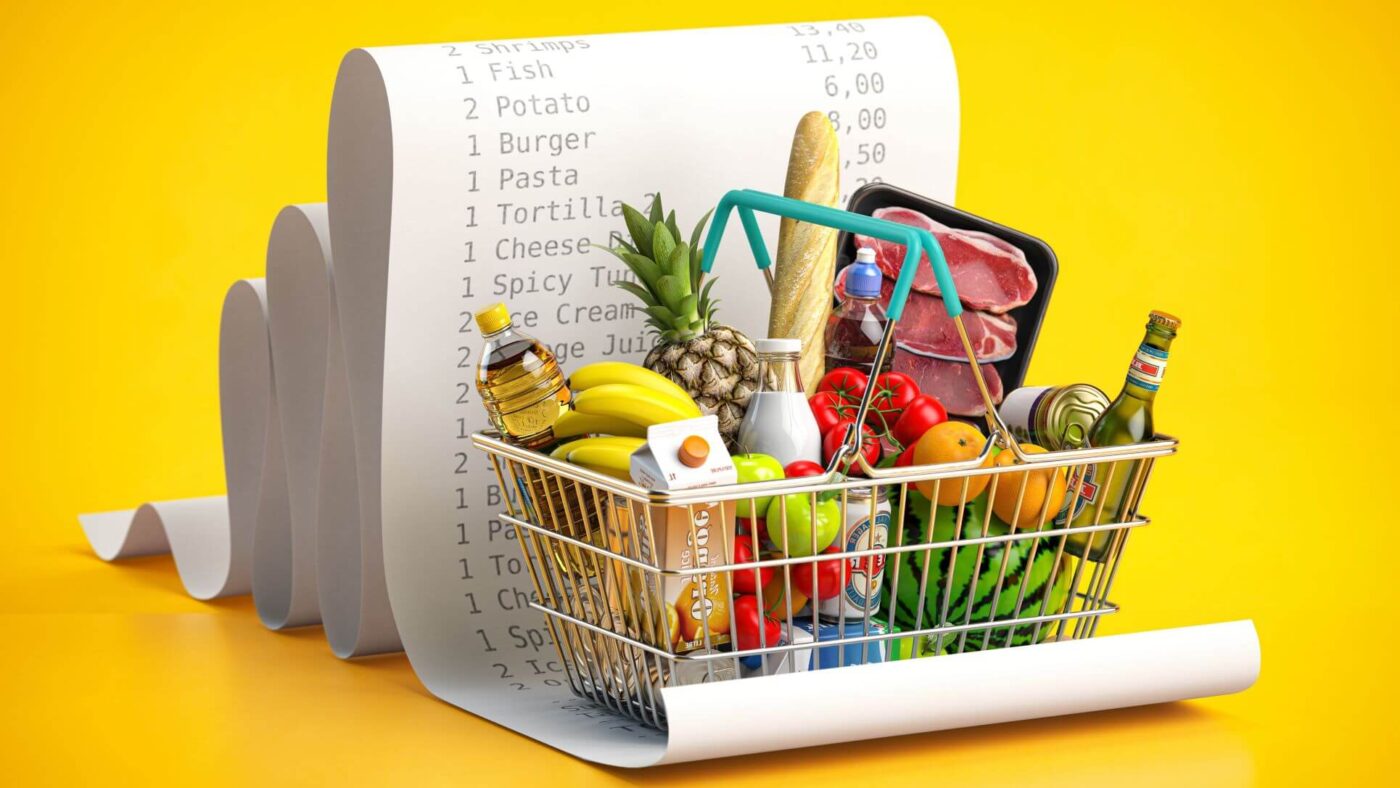Inflation
What The Inflation Increase Means for Small Businesses in UK
Inflation reached its highest level in over 40 years in April 2022, rising by 9% in a month—the highest since 1982, as previously discussed. Fuel, food, and other costs continue to rise with inflation, so this increase comes at a time when the cost of living crisis is getting worse.
What Is Inflation
As people buy, sell, and trade, inflation, or an increase in the price of things like food, energy, fuel, and so on, is a normal part of a country’s economy. The idea is that if prices are expected to rise, customers will buy right away rather than wait because they worry that waiting will cause prices to rise.
However, inflation can also reverse itself and become excessively low as consumers reduce their spending as the cost of living rises. Businesses are directly impacted by this because consumers are either less likely to spend their money or they struggle to maintain price competitiveness as operating costs rise.
Inflation will remain at a record high of 9% in June 2022 for a number of reasons, including the recovery from COVID19, the conflict in Ukraine, and ongoing supply issues following Brexit and COVID19.
How Does Low Inflation Affect Businesses
As we’ve recently referenced, when expansion is lower it urges individuals to spend more which is especially great for more modest customer organizations as individuals are bound to purchase presently, save later. Lower expansion can likewise assist more modest organizations with little cost increments as it becomes retained in the overall economy and individuals hope to spend somewhat more.
Small businesses may also suffer as a result of lower inflation because it is more challenging to raise product prices when consumers anticipate them to remain low. Lower inflation means absorbing costs elsewhere for goods businesses, which can hurt businesses.

